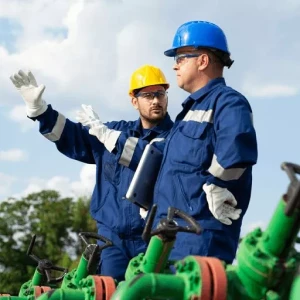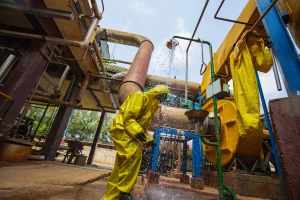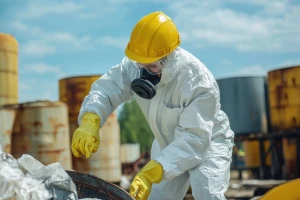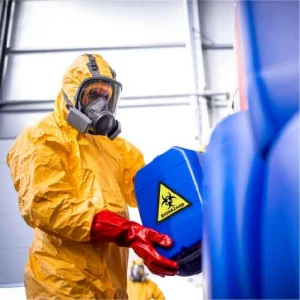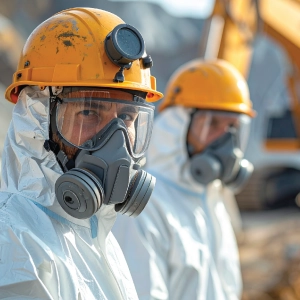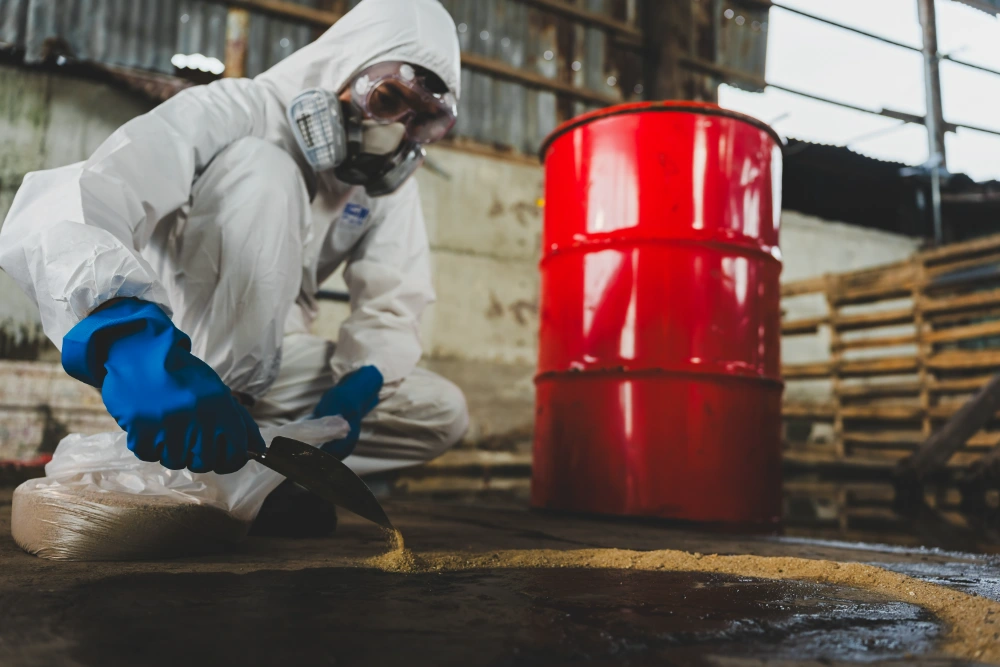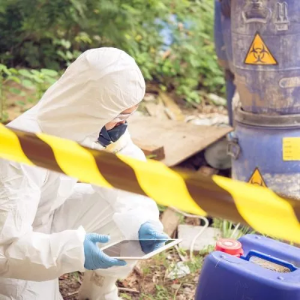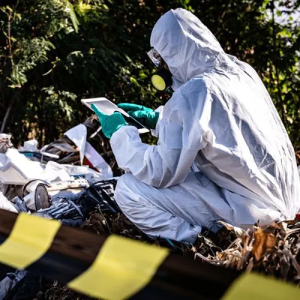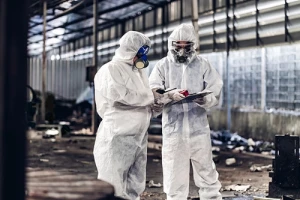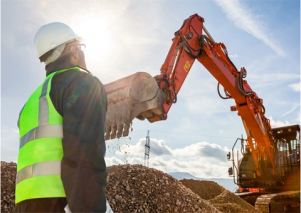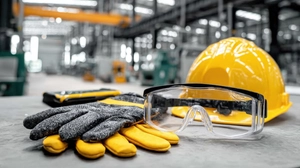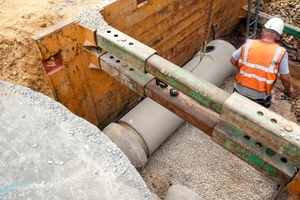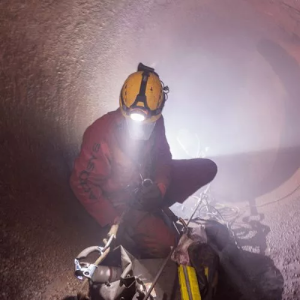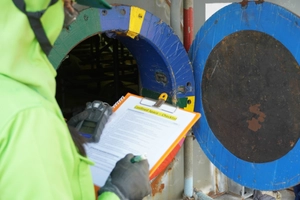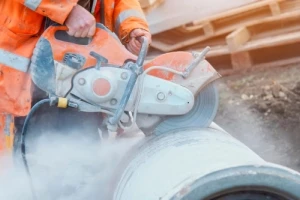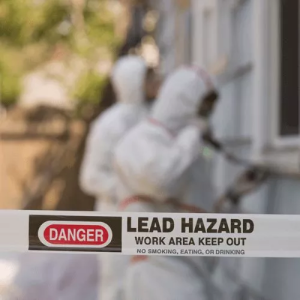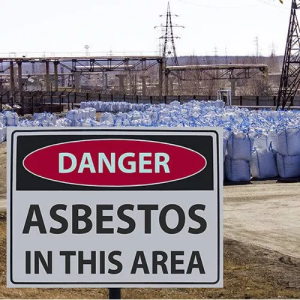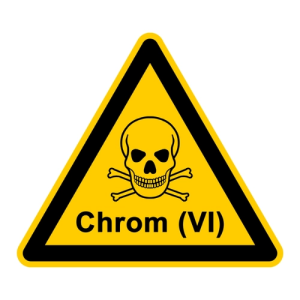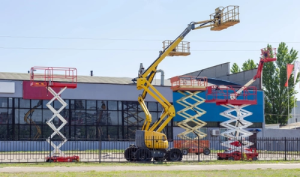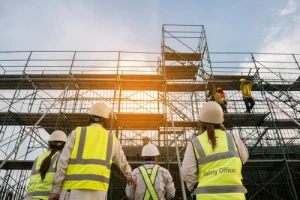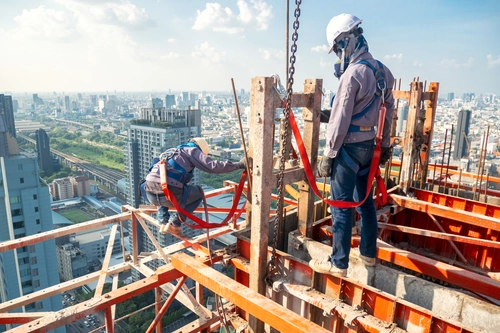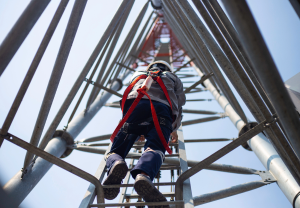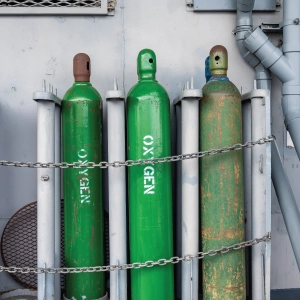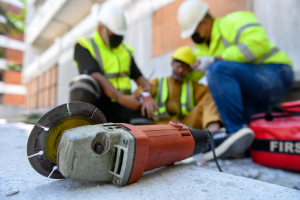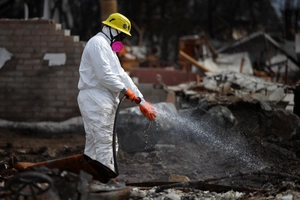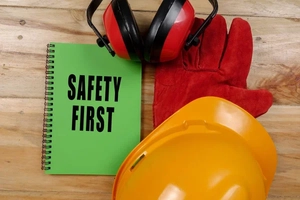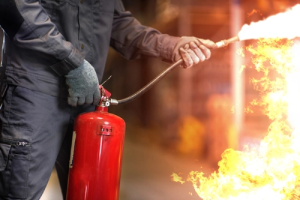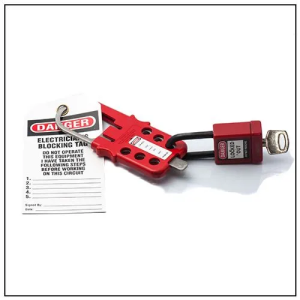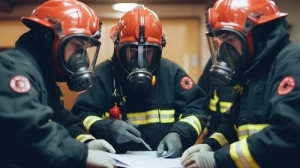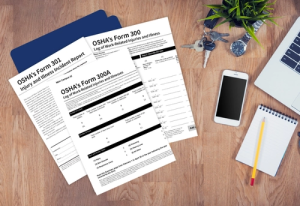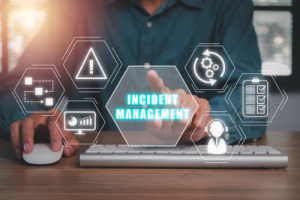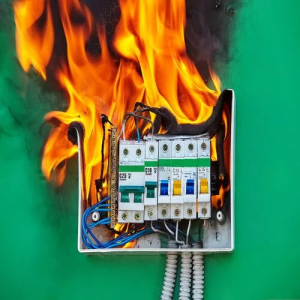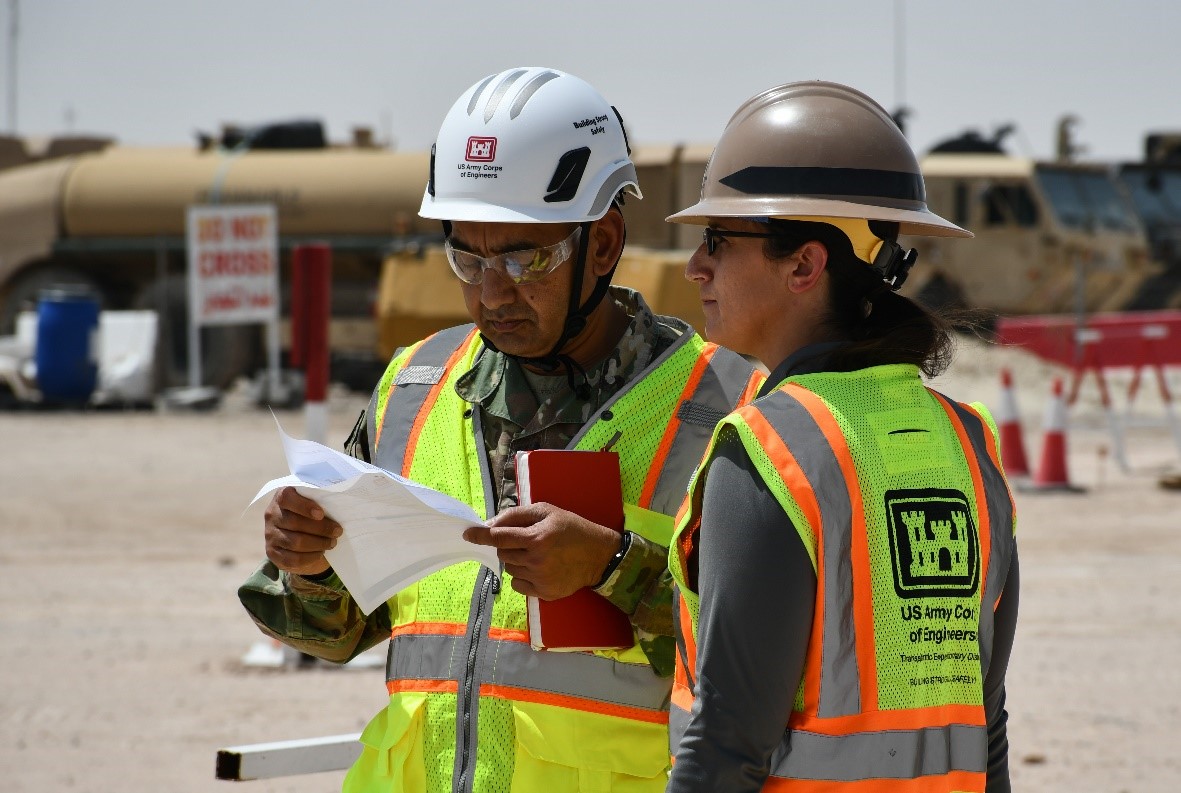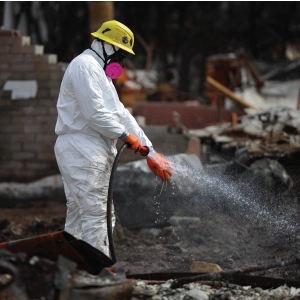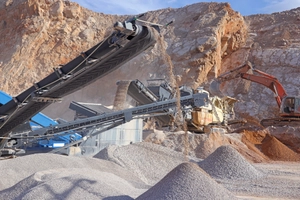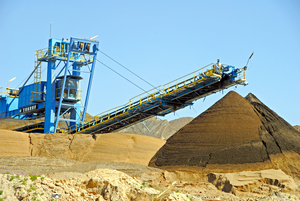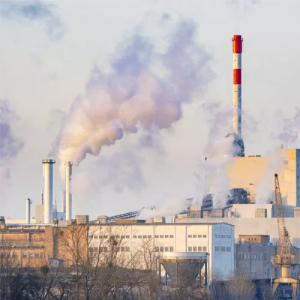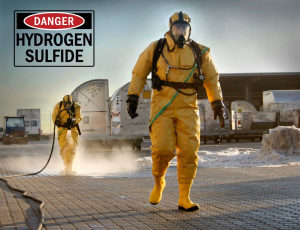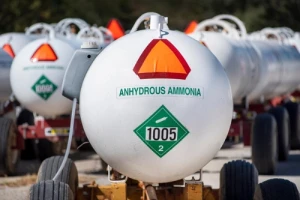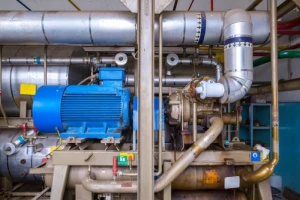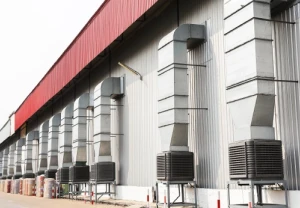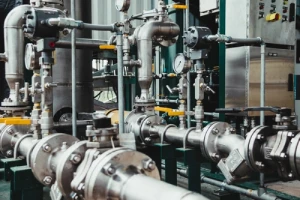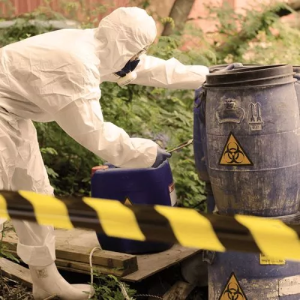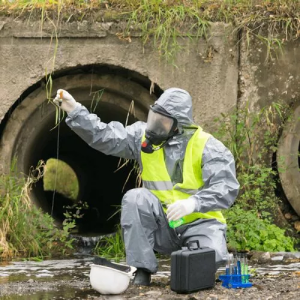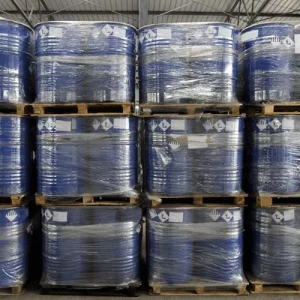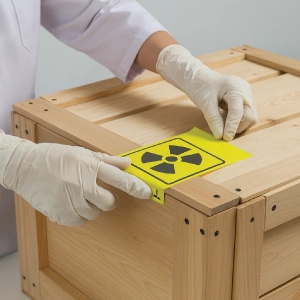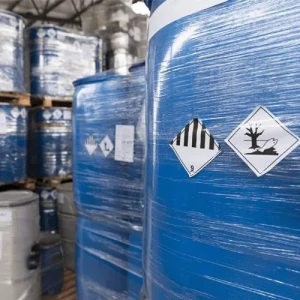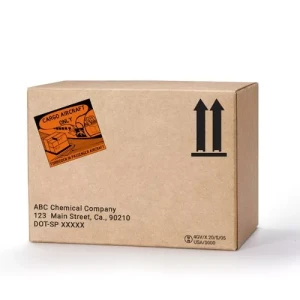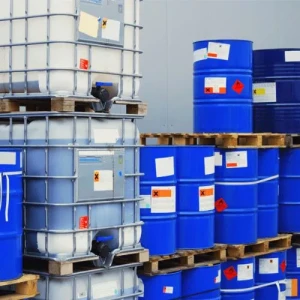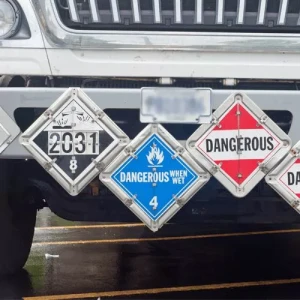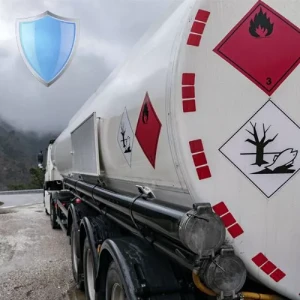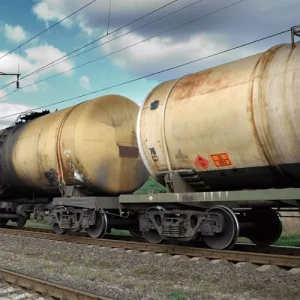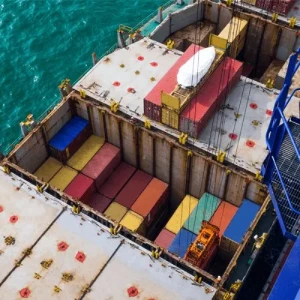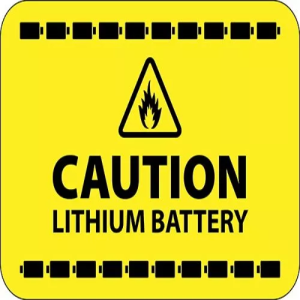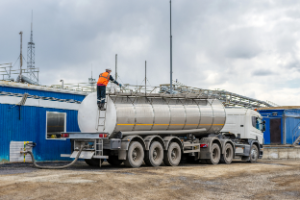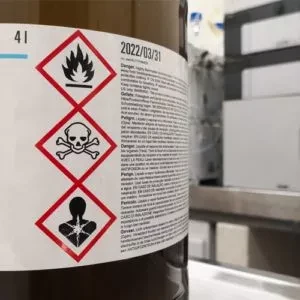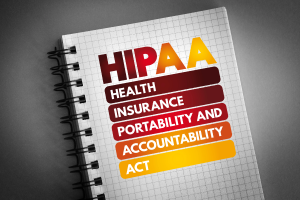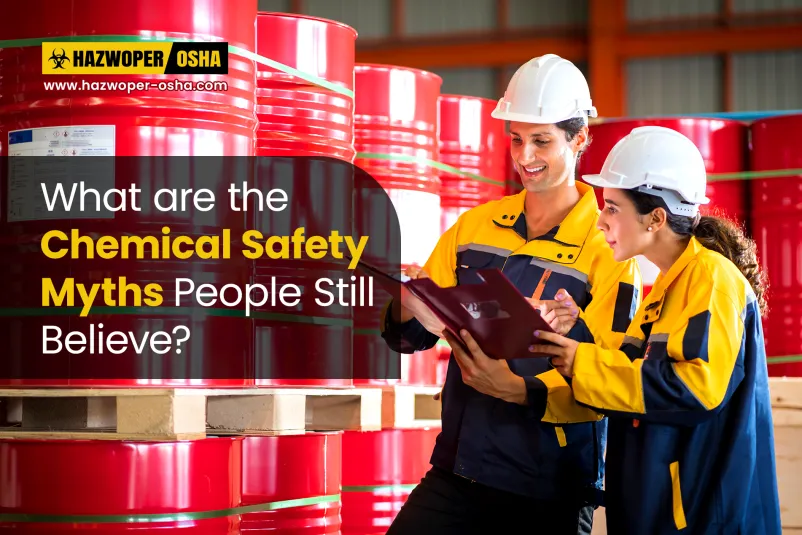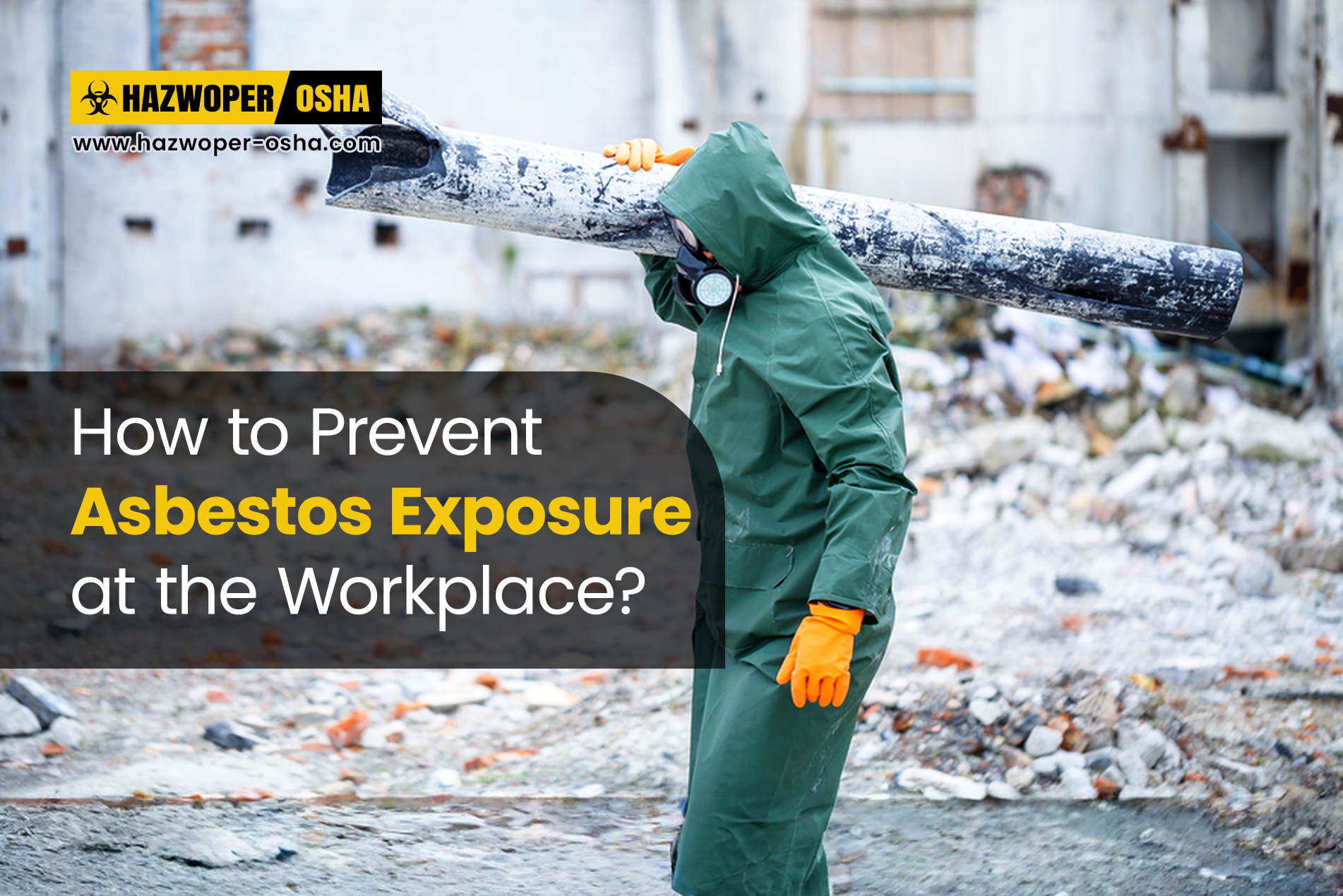Unlocking the Hidden Potential: How RCRA Training Empowers Employers and Employees

RCRA stands for the Resource Conservation and Recovery Act, a federal law in the United States regulating the management of hazardous waste from its generation to its disposal (often referred to as cradle-to-grave). Governed by the EPA (Environmental Protection Agency), the RCRA establishes a framework for the proper management, storage, transportation, and disposal of hazardous waste to protect human health and the environment.
The RCRA requires employers, who are waste generators, to train employees to understand and mitigate the risks associated with handling hazardous material wastes. Thus, RCRA training refers to the education and training programs designed to educate employees on the requirements and best practices for managing hazardous waste in compliance with RCRA regulations.
Our RCRA Hazardous Waste Generator Training covers topics such as hazardous waste identification, storage, transportation, disposal, recordkeeping, and reporting requirements. This RCRA training course aims to provide the necessary knowledge to workers who must comply with EPA regulations 40 CFR Part 261 and 40 CFR Part 262, which govern the handling and management of hazardous waste under the RCRA of 1976. RCRA training may be required by federal, state, or local regulations for certain job roles, such as waste generators, transporters, and treatment or disposal facility operators, to ensure proper hazardous waste management and environmental protection.
According to regulations, the RCRA Hazardous Waste Generator Training must be provided to personnel within six months of job assignment or change in job function and on an annual basis thereafter. We also offer the RCRA Hazardous Waste Generator Refresher Training for those seeking to renew their RCRA training certificate.
-
How Do Employers Benefit by Providing RCRA Training to Employees?
-
Compliance with Legal Requirements
RCRA training ensures that employers and their employees are knowledgeable about the regulations and requirements for managing hazardous waste. This helps employers comply with federal, state, and local laws related to hazardous waste management, reducing the risk of fines, penalties, and legal liabilities.
-
Improved Safety Culture at the Workplace
Proper hazardous waste management is critical to prevent accidents, spills, and exposures that can harm employees, customers, and the environment. RCRA training equips employees with essential knowledge and skills to safely handle hazardous waste, minimizing the risk of workplace accidents and injuries. This helps to reduce employer liabilities and promotes a culture of workplace safety, safeguarding the well-being of all stakeholders involved.
-
Cost Savings
By providing RCRA training to workers, employers can achieve cost savings by efficiently managing hazardous waste, including reducing expenses related to waste disposal, clean-up, and potential legal liabilities. Additionally, costs associated with workplace catastrophes and worker compensation costs can also be curtailed. Moreover, when employees are knowledgeable about proper procedures for handling, storing, and disposing of hazardous waste, it leads to more effective and cost-efficient waste management practices.
-
Operational Efficiency
Organizations that effectively manage hazardous waste will can optimize operational efficiency by maximizing resource utilization. By enrolling workers in RCRA training, employers empower employees with the know-how to handle, store, and dispose of hazardous waste efficiently. This would also reduce incidents of work stoppage and production losses due to injury and illness. This converts into tangible cost savings, higher profits, and operational advantages for employers.
-
Enhanced Corporate Reputation
Demonstrating compliance with RCRA regulations through training can enhance an employer's reputation as a responsible and environmentally conscious organization. This can be particularly important for businesses that have verbalized their sustainability agenda, and those that operate in industries that use natural resources or are perceived to have a higher negative impact on the environment. Furthermore, appropriate training provided to employees can improve an employer’s brand image with employees who would view them as the preferred employer. By being a responsible employer and one that respects the environment, the organization would also attract environmentally aware customers, investors, and stakeholders, bolstering the organization's brand image.
-
-
What Benefits Do Employees Gain from Receiving RCRA Training?
-
Increased Safety Awareness While Handling Hazardous Waste
RCRA training provides employees with the knowledge and skills to safely handle hazardous waste, which helps protect their health and well-being in the workplace. Employees learn about the potential hazards of different types of hazardous waste, proper handling techniques, and the use of personal protective equipment (PPE), which can improve their safety awareness and reduce the risk of accidents and injuries which could have longer-term impacts on the quality of life.
-
Professional Development
RCRA training can enhance employees' professional development by providing them with valuable knowledge and skills related to hazardous waste management. This can improve their qualifications and job prospects within their organization or in the job market, leading to potential career advancement opportunities.
-
Compliance with Regulations
RCRA training ensures that employees are knowledgeable about the regulations and requirements for managing hazardous waste, which helps them comply with legal obligations. Compliance with regulations not only protects employees but results in reducing the risk of legal liabilities and fines for the employer.
-
Environmental Stewardship
RCRA training raises awareness among employees about the importance of environmental protection through the proper management of hazardous waste. This can foster a sense of environmental stewardship, making employees more conscious of their environmental responsibilities and promoting environmentally responsible behavior both in the workplace and in their personal lives.
Ultimately, adhering to RCRA can lead to many benefits for both employers and employees. Thus, by investing in RCRA training, employers are making a wise decision to safeguard the health of workers, while contributing to a safer workplace, ensuring regulatory compliance, and implementing sustainable waste management practices.
-

 EN |
EN |  ES
ES


